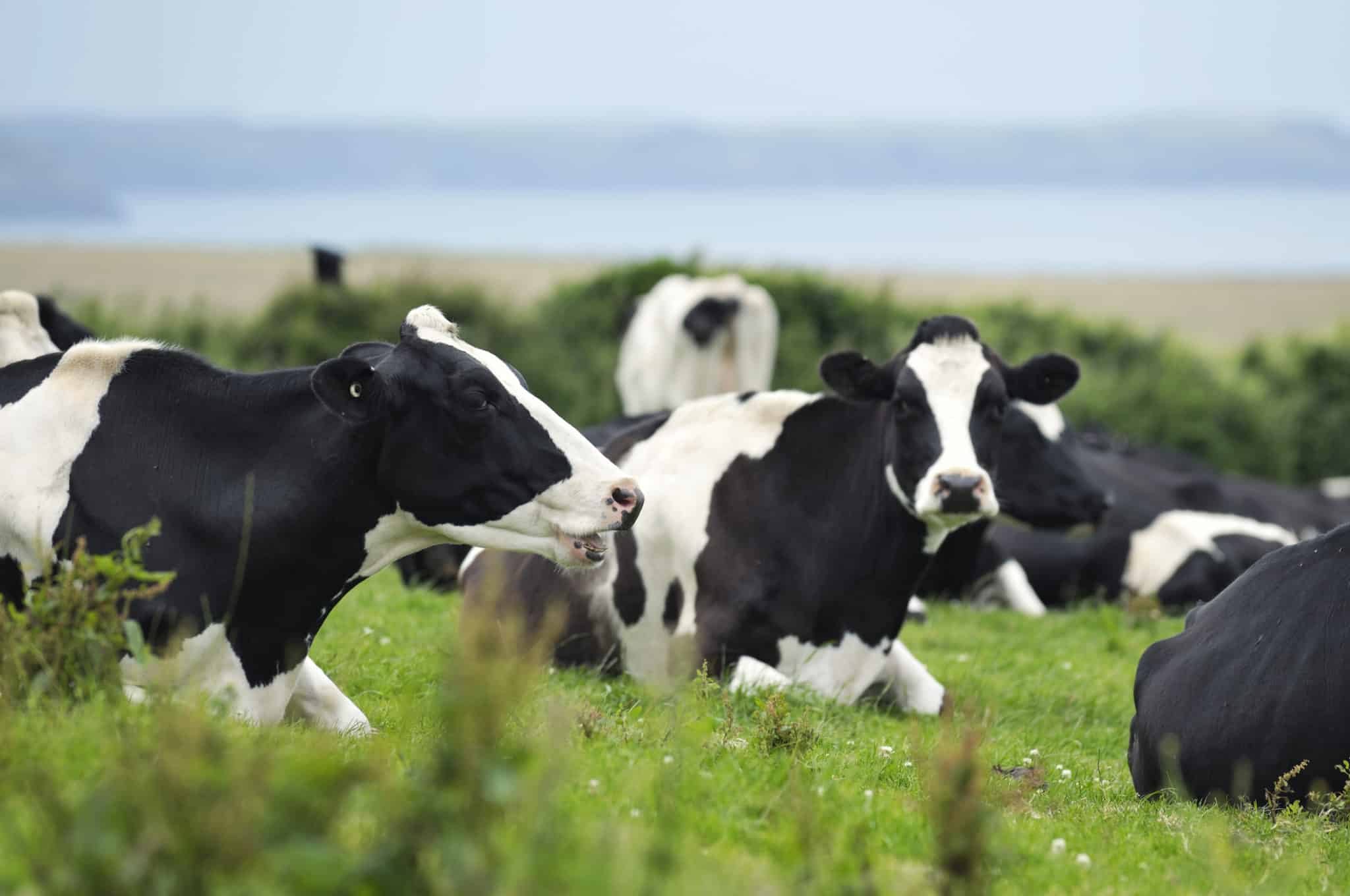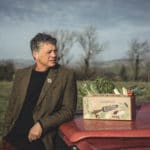At last week’s annual Oxford Real Farming Conference, 1,800 attendees discussed everything from spirituality to land reform, and details of organic policy and practice.
Listening to a talk on the challenge of finding peat-free growing media for organic plants, I found myself grateful to the patient boffins who work quietly, and often with little thanks, on the fine details which give iterative improvement in the practices, definitions and regulations that make organic farming work.
Arguably, organic farming has its roots in the 1940s, with a group of far-sighted upper-class eccentrics. By the time I sowed my first leeks in the 80s, organic was a movement with inspiring, if still fringe, annual gatherings, driven by a common desire to farm better – with heated discussion about what that meant, but no legal definition. Certification was voluntary, as was sharing the homegrown weed.
By 2000, there were UK, European and international standards, with legal definitions; the work of those patient specialists, in particular a quiet man known as Herbi. Organic standards start with aspirations, which are broken down into regulations detailing which practices and inputs are permitted, which can be used under specific extenuating circumstances, and which are banned.
The Soil Association’s regulations are a dry document, but I am immensely grateful for its existence. It enables you to support us; Riverford would not be here if you had to depend on my uncorroborated promises. I would never argue that organic is the whole, or only, solution to our food and farming problems; in a diverse, complex world, nothing could be. But it is more specific and less flawed than anything else.
I was on a conference panel discussing the coexistence, differences, and similarities of organic and regenerative farming when I lost my rag and had to apologise. All I want to say here is: the standards for organic are categoric, but when someone says that your lunch is “regeneratively grown”, ask them what that means, and don’t settle for vagaries. In particular, ask if they are happy with the widespread use of the herbicide glyphosate and fossil-fuel-derived fertilisers.
I wholeheartedly support the principles advocated by the regen movement; I am just concerned by the vagueness and lack of intellectual rigour or common standards in their application. But perhaps I am too impatient – the same could be said of those early organic pioneers.
For more on regenerative farming:
















Dear Guy
I’m sorry to see you so anti the regenerative farming movement, though can understand where you are coming from, it has huge potential for greenwashing by the big corporates.
Would you agree that ‘regenerative organic’ would be the holy grail if it could be achieved, given the scientific research showing soil structure degradation and carbon release that comes with tillage, especially ploughing?
There are many amazing, inspiring regenerative farmers in the UK who are doing wonders for their soils, the climate and biodiversity whilst producing highly nutritious food at scale, and it would be a shame to say they are not good enough as they are not organic.
I believe one of the main concepts of regenerative farming is to move towards zero disturbance – mechanical and chemical – but at present very difficult to achieve both at scale. However, regenerative farming is not just a process or ticklist, it is a mindset shift to see things differently, based on restoring soil health and ecosystems. It seems to me that this paradigm shift in mindset is something that could change the suicidal trajectory we are on as a species and if regenerative farming is the quickest way to get there, then I am all for it.
I am a Riverford customer and fan and love what you are doing, you are ideally placed to build some bridges and fix some of the polarisation in this area to build a better future for our food systems and for us.
Best wishes
Mel Bradley
I think you are missing the point, organic is a regenerative practice that has codified what a growing number of farmers are now waking up to. I thought Guy’s piece welcoming of regenerative practice. but cautions that in an unregulated market, anyone can make the claim to be regenerative.
I’m really not convinced that we are being truly regenerative whilst at the same time using artificial fertilisers which in any case, I don’t want to see in my food. Again, organic presents a good baseline solution, it’s a recognisable standard when shopping and represents food made well.